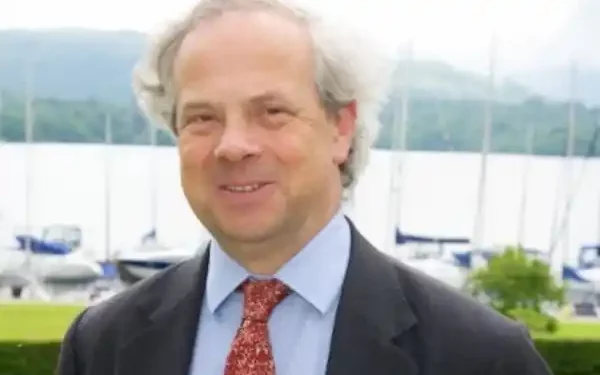‘Defra policy will see growing unsubsidised and new options will fill the gap’
MORE than half of Basic Payment (BPS) money is set to be diverted to less than 5% of English farmland for environmental recovery, so growers are being warned not to rely on these schemes to fill the income gap.
Jeremy Moody (pictured), Secretary and Adviser to the Central Association of Agricultural Valuers (CAAV), said: “The new schemes will be an option, not salvation – they are not BPS methadone,” warns Jeremy Moody, secretary and adviser to the Central Association of Agricultural Valuers (CAAV).
Defra’s policy is to phase out BPS so that farming is unsubsidised, and makes decisions on purely business grounds. The money is then being redeployed to offer new schemes to buy the environmental services Defra wants farmers and others to provide – if it suits them.
Although many might believe that joining environmental schemes will compensate them for the loss of BPS, this does not look to be the case for the vast majority, Jeremy said. It’s therefore vital that they review and improve their businesses, taking good advice and using the transition period to manage change while that support is still being paid.
“A large proportion of money released from BPS will go to the relatively small areas which are participating in the higher level environmental recovery schemes. While the Sustainable Farming Incentive (SFI) is open to all, not all will take it up and many farmers will need to make changes to make up for the lost money.”
BPS will have gone from all farms by 2028 – delinked from farming in 2024, Jeremy said. “Of money released from BPS, 10% is to support productivity improvement and 90% goes to buy environmental change on the ground.
“Of the environmental portion, 30% is to go on the Sustainable Farming Incentive (SFI). Local Nature Recovery (LNR) and Landscape Recovery (LR) are to account for 60% but their main focus is changing the use of little more than 3% of England’s 9.2m hectares of farmland.







